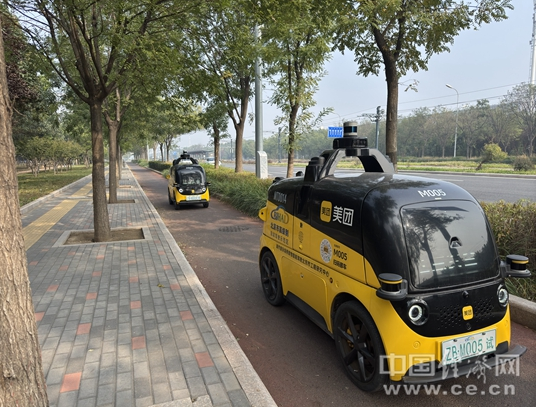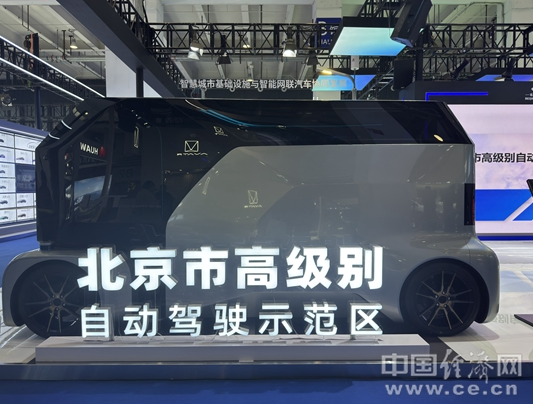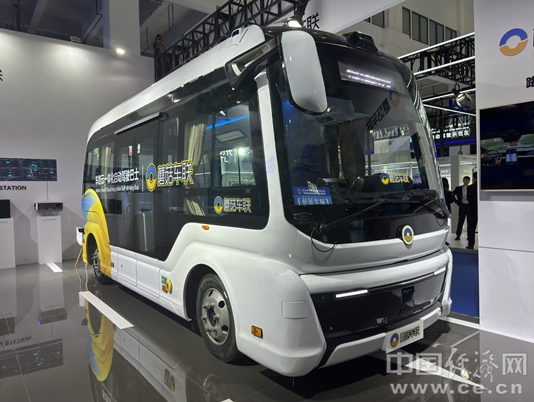The global automotive industry is undergoing major changes, and China is at the forefront of this change, especially with the emergence of intelligent connected cars such as driverless cars. These cars are the result of integrated innovation and technological foresight, and are closely linked to the cultivation and development of high-quality new productivity. As Jin Zhuanglong, Secretary of the Party Leadership Group and Minister of the Ministry of Industry and Information Technology, said, the automotive industry is rapidly transforming towards electrification, networking, and intelligence, becoming the backbone of promoting new industrialization and improving productivity.
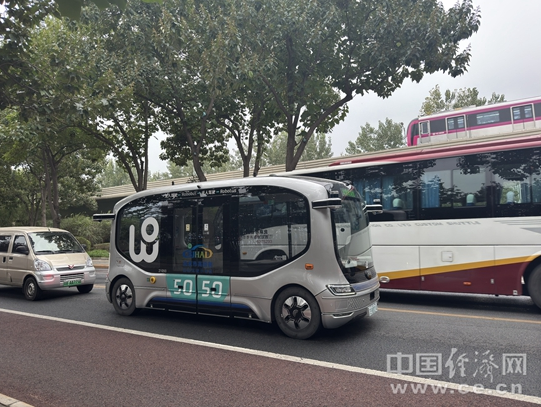
At present, the scientific and technological revolution and industrial transformation are constantly advancing. The country regards the construction of a modern industrial system as the primary task of current economic and social development. The automobile industry has become a strategic pillar of the national economy and an important engine for cultivating and forming new high-quality productivity. The Automobile Channel of China Economic Net has launched a series of reports to showcase the practice and achievements of the automobile industry in cultivating new high-quality productivity and highlight the important position of the automobile industry.
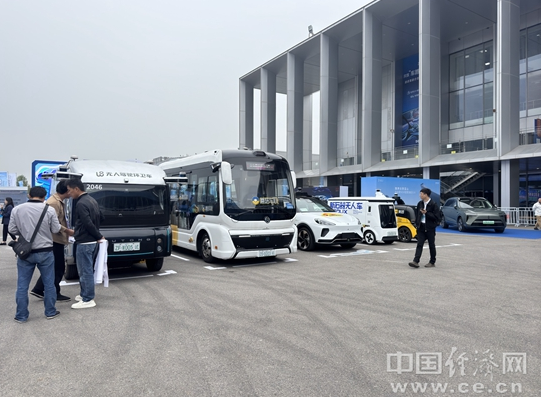
The core of this transformation is driverless technology, which is increasingly seen as an important “engine” for cultivating new high-quality productivity. As a product of the deep integration of the automotive industry and the new generation of information technology, intelligent connected vehicles integrate emerging technologies such as artificial intelligence, big data, and cloud computing. They not only represent the core trajectory of the development of automotive intelligence, but also embody the integrated innovation and technological foresight characteristics of cultivating new high-quality productivity.
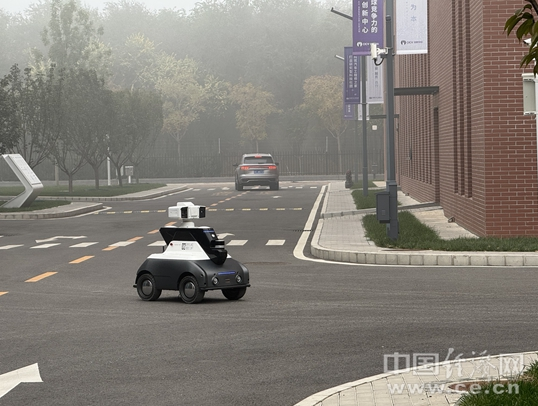
Unmanned driving technology integrates advanced systems such as artificial intelligence, on-board sensors, and automatic control mechanisms. It is a manifestation of scientific and technological innovation and a catalyst for changes in transportation modes. The implementation of driverless cars is expected to improve traffic efficiency, reduce the risk of accidents, and ultimately change the way goods and people are transported. The significance of these advances is not limited to convenience. They represent a paradigm shift in the automotive industry, which is consistent with the broader goals of economic and social development.
In addition, the emergence of driverless technology is expected to redefine production factors within the industry. For example, driverless transport vehicles can upgrade traditional production methods through automation, thereby redefining the tools available to workers. This shift not only improves productivity, but also gives rise to new technical positions, such as remote drivers and cloud control dispatchers. These developments help optimize and upgrade the labor structure, ensuring that the labor force can meet the needs of an increasingly automated industry.
The impact of driverless technology is not limited to the automotive field, but also promotes the deep transformation and upgrading of multiple industries such as transportation and logistics. In the automotive industry, the integration of driverless technology has greatly improved the safety and intelligence of vehicles, opening a new era of smart travel. In the logistics field, the application of driverless cars has improved transportation efficiency, reduced logistics costs, and completely changed the logistics landscape. These advances have not only simplified operational processes, but also contributed to the country’s overall economic growth.
China is committed to promoting the development of its automotive industry, with strategic initiatives aimed at promoting innovation and technological development. Government support for the research and development of intelligent connected vehicles highlights the importance of this sector in achieving national economic goals. As China continues to invest in future mobility, it is expected to consolidate its global leadership in the automotive industry and promote the new quality productivity agenda.
In summary, the Chinese automotive industry is not just adapting to change, it is actively shaping the future of transportation through the development of intelligent connected vehicles and driverless technology. As the industry continues to develop, it will play a key role in promoting new industrialization and improving productivity, ultimately contributing to the broader goals of economic and social development. The journey towards a more intelligent and efficient automotive landscape is well underway, and the Chinese automotive industry is leading the way and setting a benchmark for innovation and excellence on the global stage.
Email:edautogroup@hotmail.com
Phone / WhatsApp:+8613299020000
Post time: Dec-26-2024



